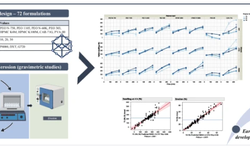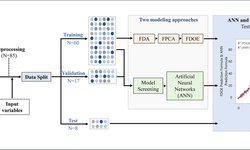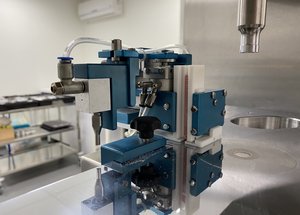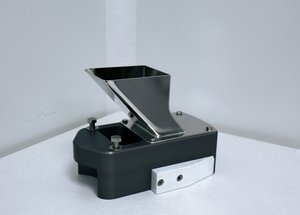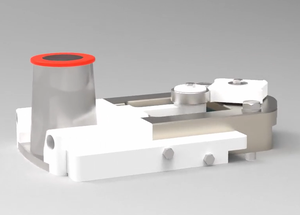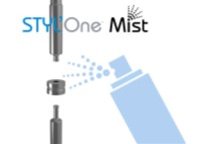Scientific papers
Poly (ethylene oxide) (PEO) is extensively employed in abuse-deterrent formulations (ADFs) to enhance tablet hardness. Previous research has demonstrated that various formulation factors, such as processing conditions and the particle size of PEO, can impact the performance of ADFs, particularly in terms of drug extraction efficiency. This study aims to investigate the impact of PEO grades and sources on the compaction characteristics of model ADFs. PEOs sourced from Dow Chemical and Sumitomo Chemical, featuring diverse molecular weights, underwent examination using a Styl'One compaction simulator at slow, medium, and fast tableting speeds. Parameters such as particle-size distribution, thermal behavior, tabletability, compressibility (evaluated using the Heckel model), compactibility, and elastic recovery were assessed and compared between neat PEOs and model ADFs.
Multivariate linear regression was employed to comprehend the influence of compression conditions, PEO grades, and sources. The findings indicate that neat PEOs with higher molecular weights demonstrate superior tabletability. The source of neat PEOs contributes to variations in tabletability, out-die compressibility, compactibility, and elastic recovery. However, the impact of the PEO source on tabletability and compactibility diminishes after the addition of the model drug. In our model ADFs, tablets utilizing high molecular weight PEOs exhibit increased crushing strength, while tablets utilizing PEOs from Dow Chemical show lower elastic recovery.
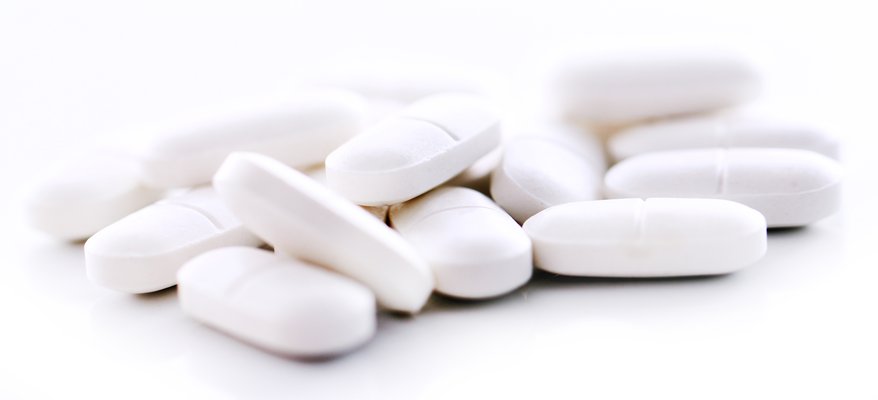
Comments
No comments posted yet.
Add a comment

